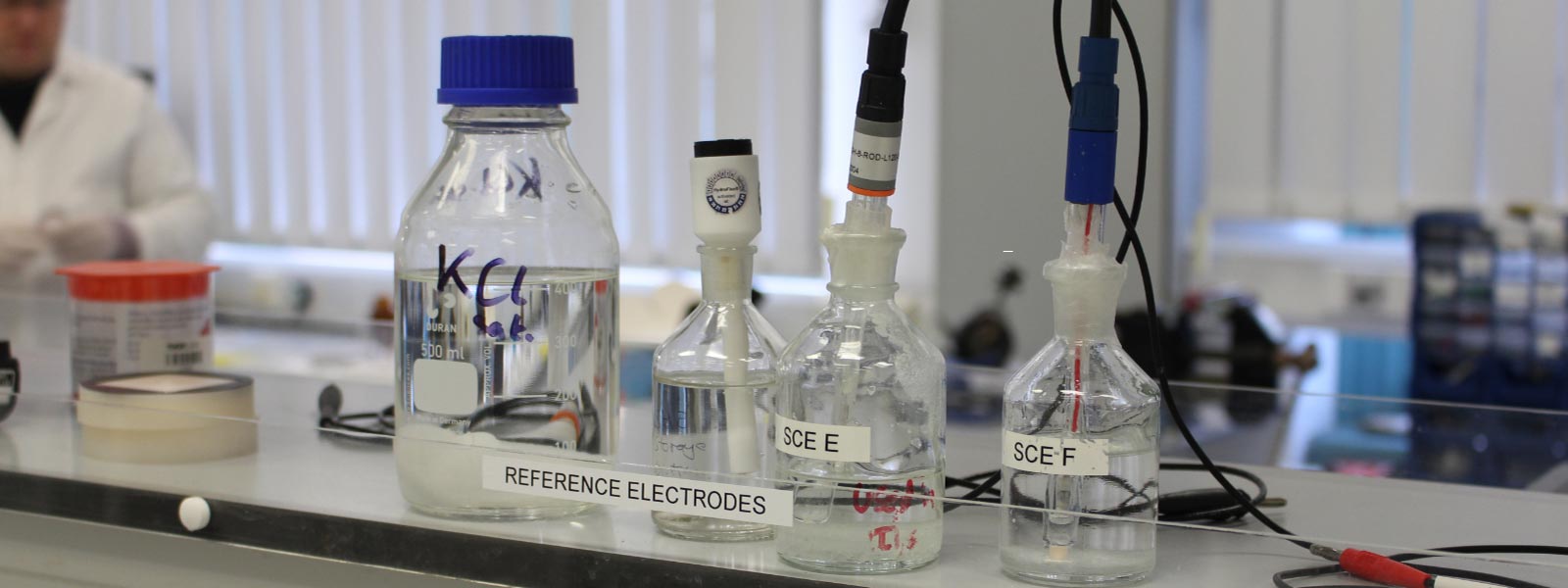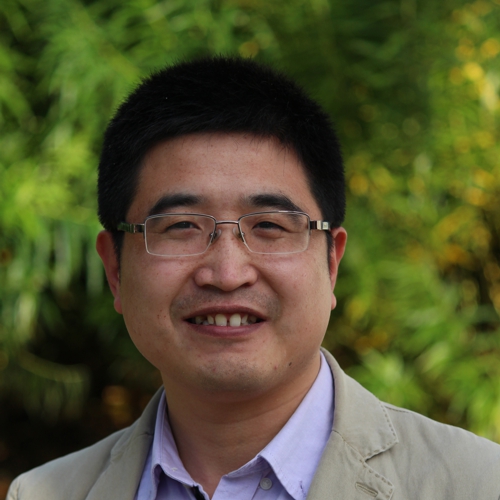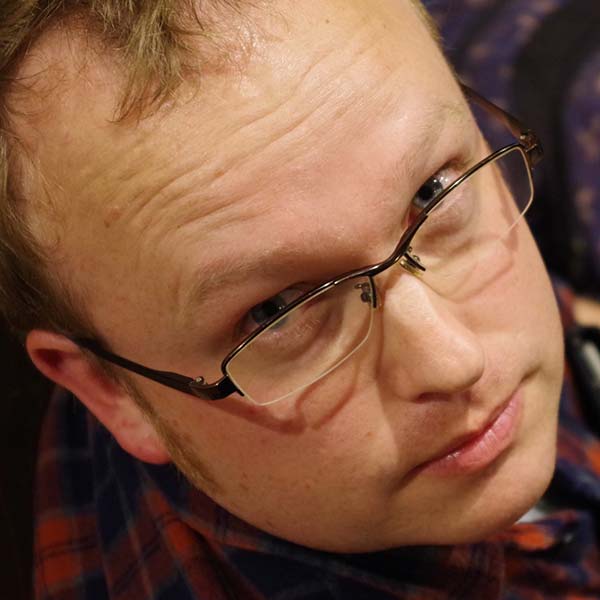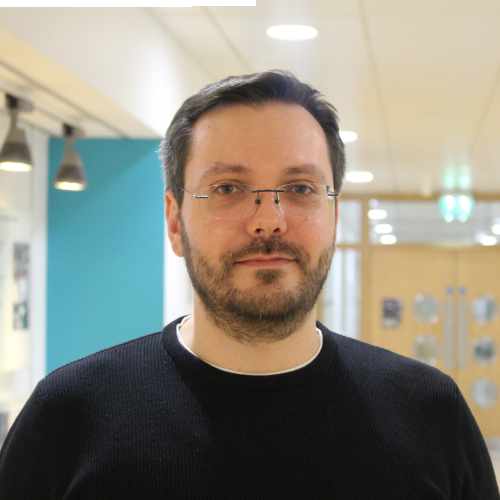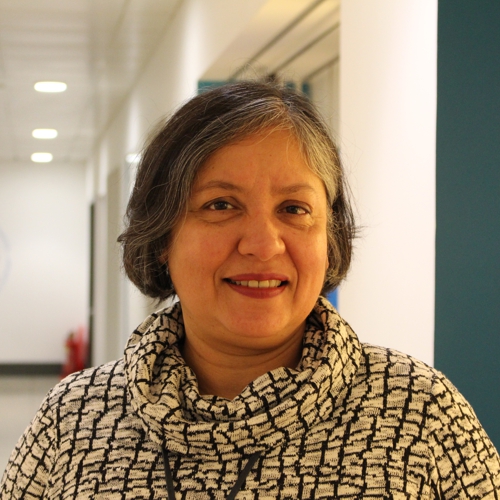The Electrochemical Engineering and Catalysis Cluster is leading the charge in creating efficient and sustainable processes using innovative materials, techniques, and technologies.
We're at the forefront of:
- hydrogen production via electrolysis from water and biomass
- fuel cells with different chemistries and architectures
- chemical looping for methane to syn-gas
- redox flow batteries for hydrogen storage
Our expertise also extends to catalyst regeneration for sustainable fuels and platform chemicals, ensuring the long-term viability and efficiency of these processes. We promote responsible manufacturing via electrodeposition of metals and alloys using sustainable electrolytes for aerospace and electronics production, pulse current applications to minimise chemical use during electroplating, and reclaim metals from waste generated from these applications.
Our lab is equipped with a suite of potentiostats and galvanostats, impedance analysers, pulse current rectifiers, and power supplies, rotating ring-disc electrodes, as well as bespoke electrochemical reactors, and battery / fuel cell monitoring systems.
We employ state-of-the-art characterisation including scanning probe microscopy, bench-top XRD/XRF, spectroscopy and microscopy to identify and exploit diverse substances including metal oxides, carbon nanomaterials, polymers and nanoparticles. The group also carries out advanced modelling of electrochemical systems using COMSOL Multiphysics and Mathematica to support our experimentally based findings.
We undertake a wide catalogue of cross-disciplinary projects involving global collaborations with academics and industrial partners across the globe, from fundamental science, to innovative materials, to proof-of-concept, to the testing of industrial prototypes. We currently comprise four academics and a growing diverse team of PhD students, visiting fellows, and masters students. We welcome you to join us as we harness the power of electrochemistry and catalysis to shape a sustainable future!
